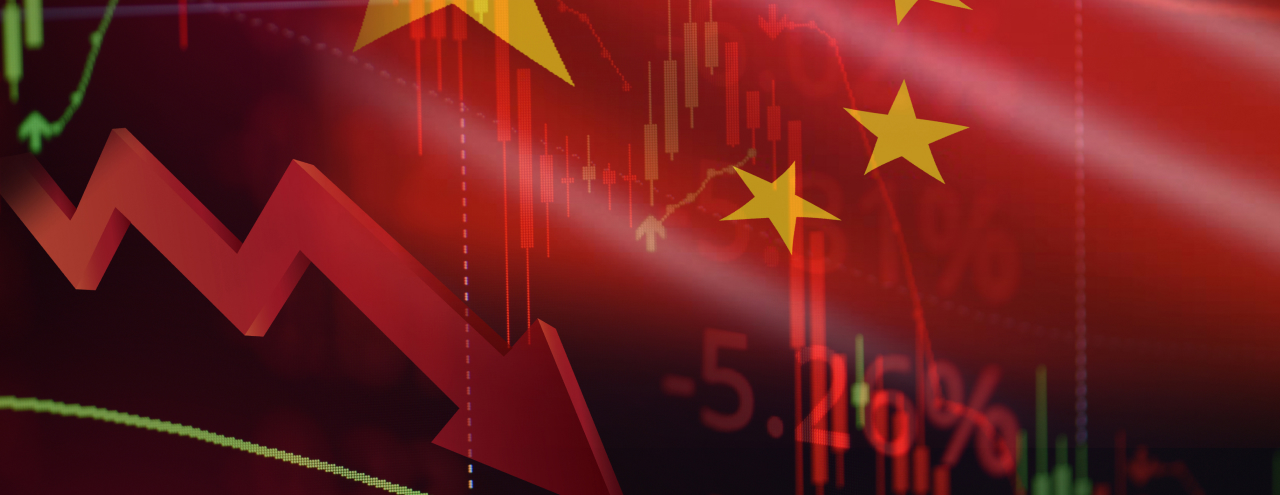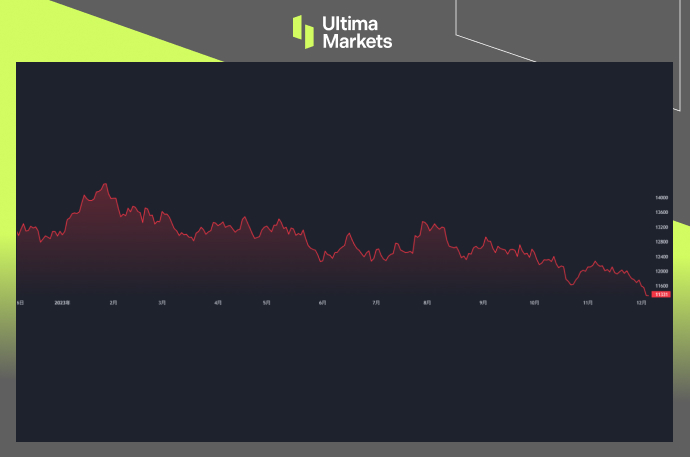
Moody’s Downgrades China’s Credit Outlook Amid Rising Debt and Economic Challenges
In a significant development, Moody’s, a renowned credit ratings agency, recently downgraded China’s credit rating outlook from “stable” to “negative.” This decision reflects the growing risks associated with escalating debt levels and a structurally slower economic growth trajectory in the nation.
Understanding Moody’s Decision
Moody’s decision to revise China’s credit rating outlook is grounded in multiple factors. Firstly, the surge in government spending to support distressed local governments and state-owned enterprises has led to heightened fiscal pressures.
Secondly, the ongoing crisis in China’s property development sector, constituting a substantial 25% of the GDP, has added to the challenges. With major developers facing bankruptcy and home prices plummeting, there are concerns about potential spillover risks impacting the broader economy.
Factors Contributing to the Downgrade
Moody’s also highlights its anticipation of slower potential growth for China in the coming years, projecting it to be around 3.5% by 2030. This projection is influenced by demographic trends and the imperative shift from an investment-led to a consumer-driven growth model.
The credit rating agency emphasizes that these factors collectively contribute to the downward revision in China’s credit outlook.
China’s Response
In response to Moody’s decision, China’s Finance Ministry expressed disappointment, asserting that the macroeconomy is on a recovery path post-pandemic. The Ministry contends that Moody’s concerns regarding growth and fiscal issues are unwarranted.
Despite China recording a robust 4.9% GDP growth in Q3 2023, surpassing market consensus, challenges persist. Significant reforms may be necessary to bolster consumption, enhance productivity, and counterbalance the decline in the property sector.
China’s Market Impact
The repercussions of Moody’s decision are not confined to the financial assessments alone.
The FTSE A50, a market index monitoring the performance of the 50 largest A-share companies listed on the Shanghai and Shenzhen stock exchanges in China, experienced an extension of losses, reaching a year-to-date low subsequent to the report.
This underscores the tangible impact that credit rating adjustments can have on market indices and investor sentiment.

(FTSE A50 1-year Chart)
Frequently Asked Questions
Q1: What led to Moody’s decision to downgrade China’s credit outlook?
A1: Moody’s decision is primarily attributed to increased government spending, challenges in the property development sector, and anticipated slower economic growth.
Q2: How does China plan to address the concerns raised by Moody’s?
A2: China’s Finance Ministry has expressed disappointment with Moody’s decision and emphasizes the ongoing post-pandemic economic recovery. The nation remains committed to addressing challenges through necessary reforms.
Q3: What impact did Moody’s decision have on the FTSE A50 index?
A3: Following Moody’s report, the FTSE A50 index experienced extended losses, hitting a year-to-date low, indicating the market’s response to the revised credit outlook.
Bottom Line
In navigating these economic challenges, China faces the imperative task of implementing strategic reforms to restore confidence and stability. The evolution of the situation will be closely monitored by market participants and global economic observers.
Vì sao chọn giao dịch Kim loại & Hàng hóa với Ultima Markets?
Ultima Markets cung cấp điều kiện giao dịch và chi phí cạnh tranh hàng đầu cho các mặt hàng phổ biến trên toàn thế giới.
Bắt đầu giao dịchTheo dõi thị trường mọi lúc mọi nơi
Thị trường dễ bị ảnh hưởng bởi những thay đổi về cung và cầu
Hấp dẫn với các nhà đầu tư chỉ quan tâm đến đầu cơ giá
Thanh khoản sâu và đa dạng, không có phí ẩn
Không qua môi giới tạo lập thị trương, không báo giá lại
Khớp lệnh nhanh chóng thông qua máy chủ Equinix NY4








